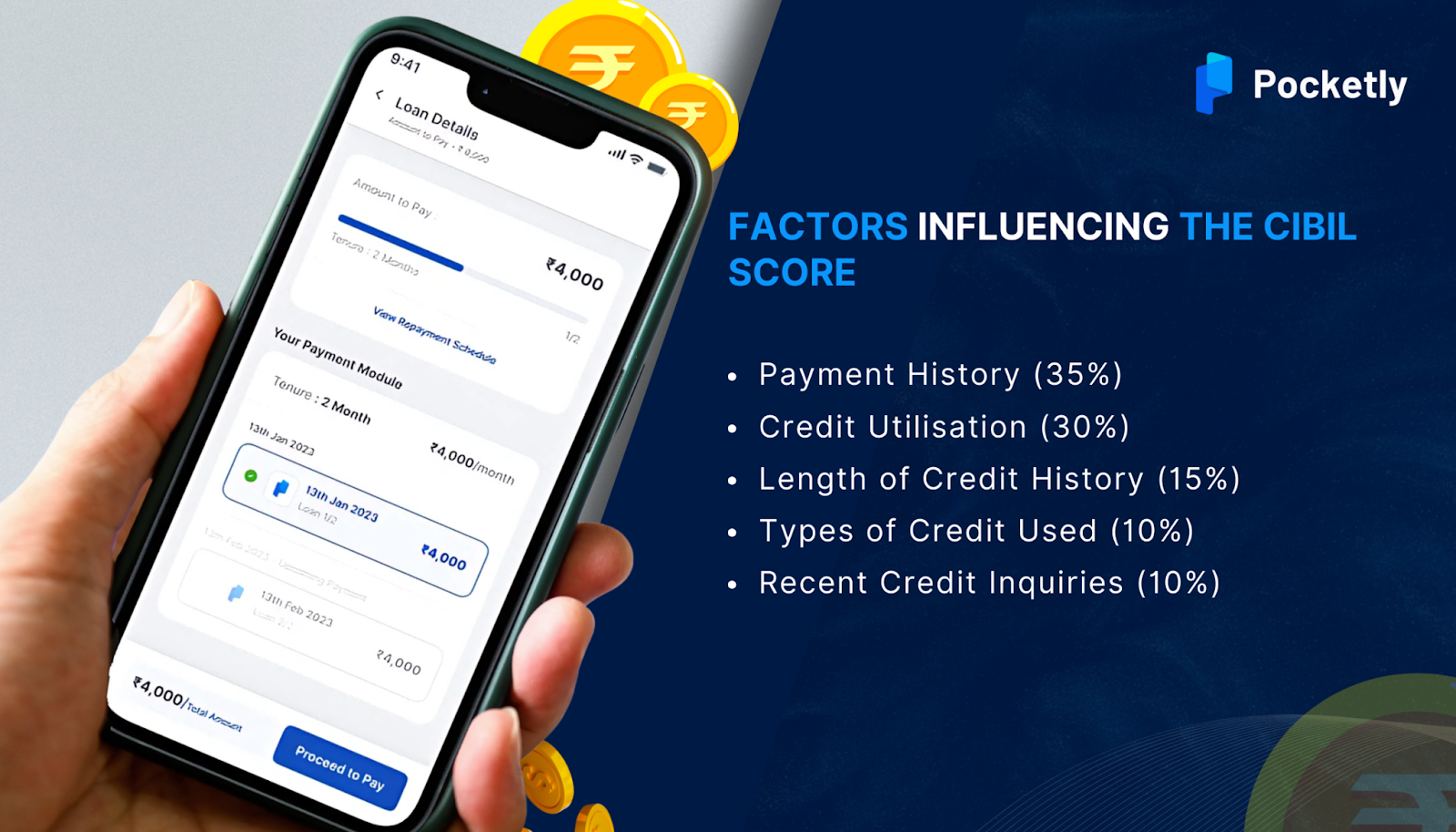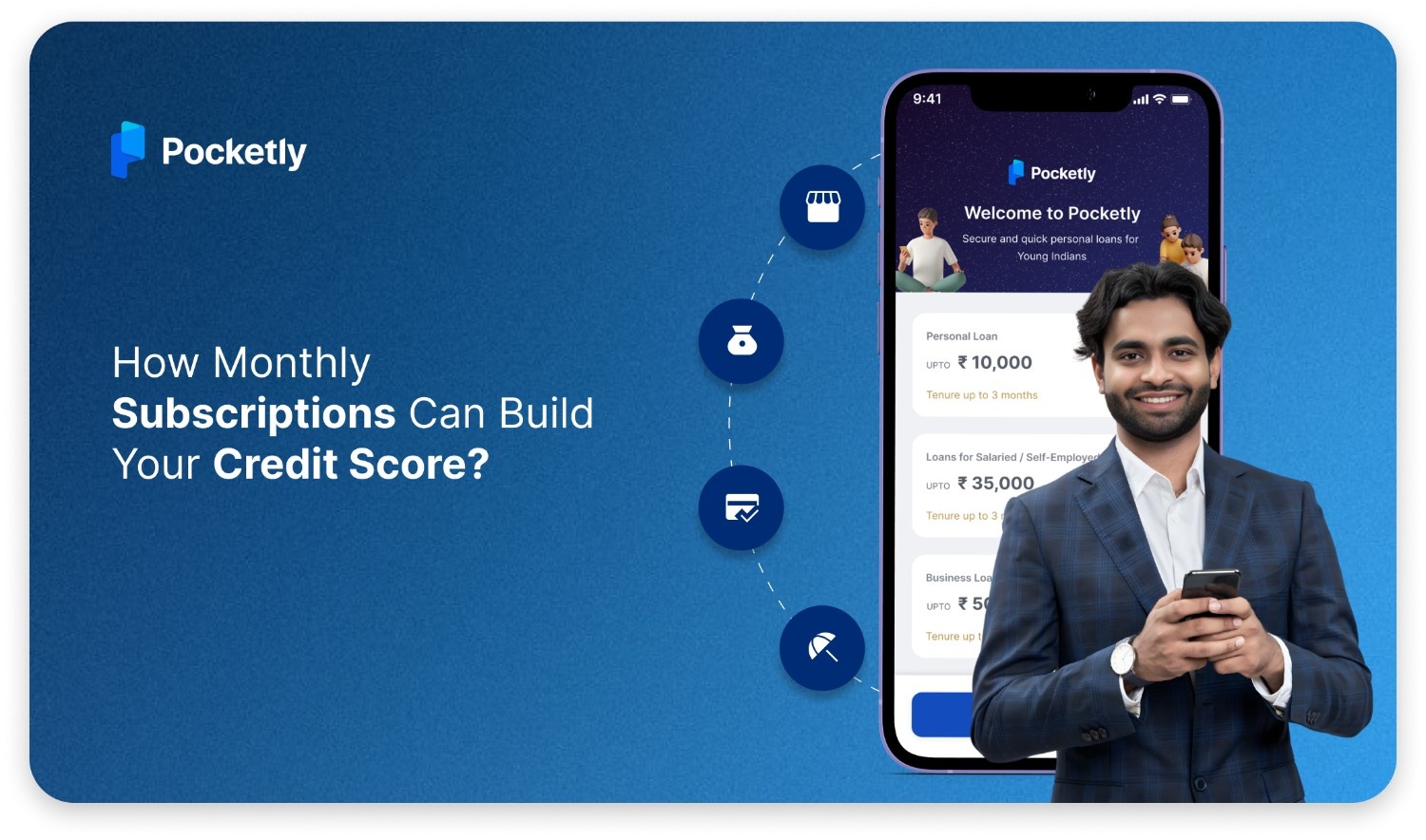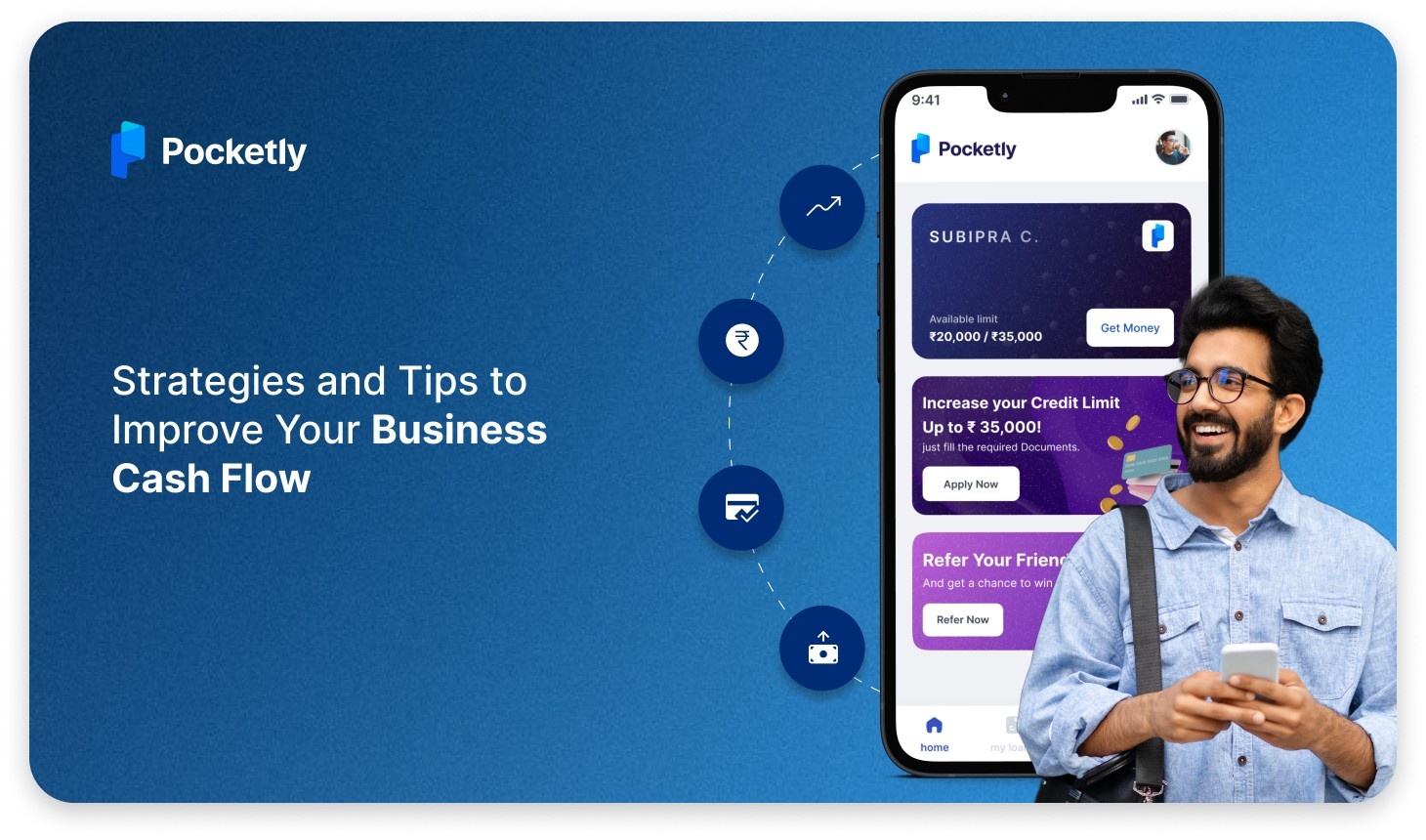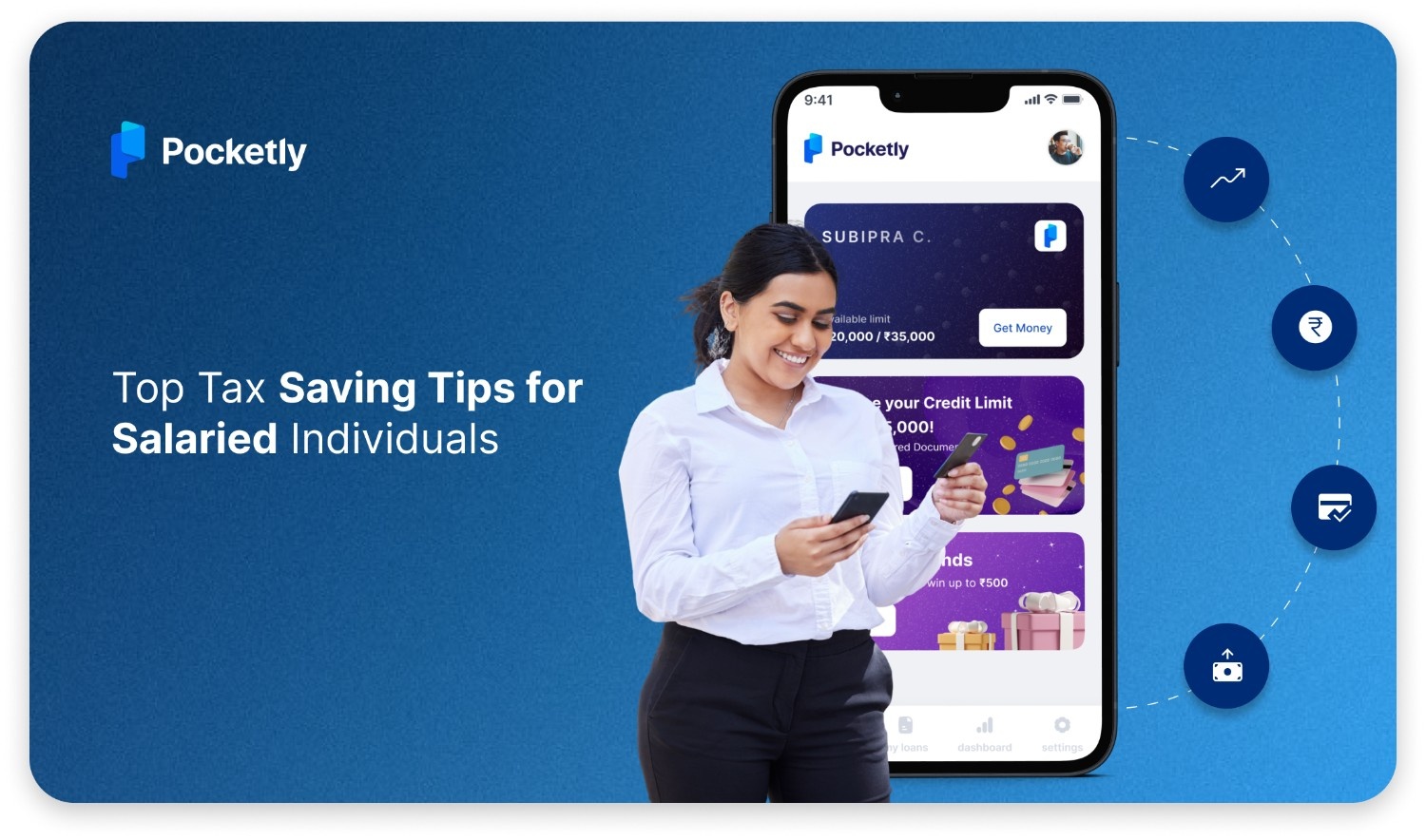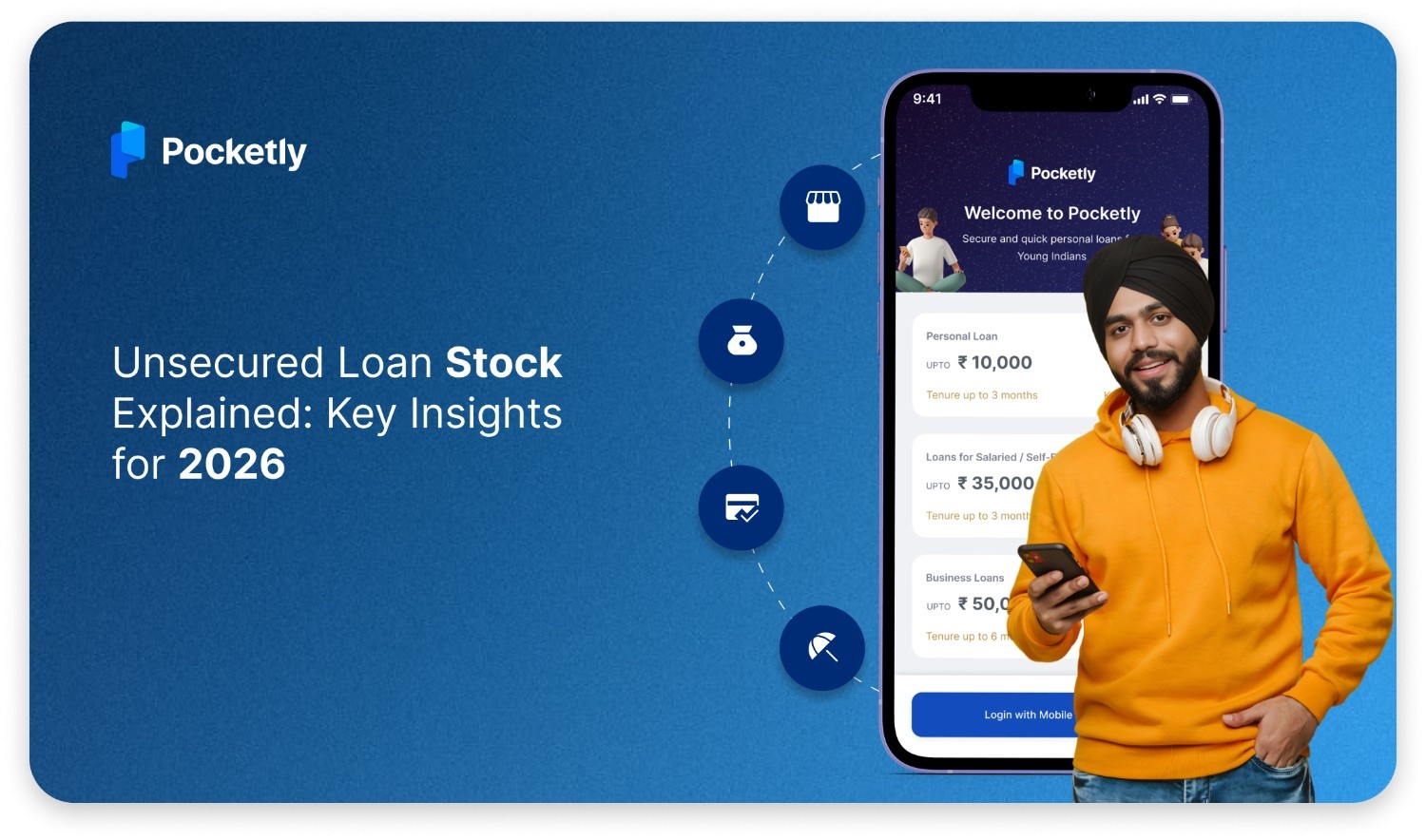Have you ever found yourself wishing for a perfect credit score, one that would give you access to the best loans and the most competitive interest rates? If you're like most young Indians, this thought has crossed your mind. Whether you're just starting your financial journey or looking to improve your score, the goal of achieving a 900 CIBIL score might seem like a distant dream. But what if I told you it's within your reach?
Here's the truth: A CIBIL score of 900 is considered perfect, and achieving it isn't as impossible as it might seem. Only 3 in 10 individuals in India have a score above 800, but with the right approach, you can be among them.
In this guide, we'll walk through the simple yet effective steps you can take to reach your credit goals, maintain financial discipline, and unlock all the benefits that come with a perfect score. Let's get started!
Understanding the CIBIL Score
In simple terms, your CIBIL score is a three-digit number that reflects your creditworthiness, essentially showing how responsible you are with managing debt and repaying loans. This score is calculated based on your credit history, which includes factors like your payment track record, how much credit you're using compared to your available credit, the types of credit you've had, and the length of your credit history.
Lenders, banks, and financial institutions rely on this score to assess the risk involved in lending money to an individual. The higher your score, the less risky you appear to them. In short, a strong CIBIL score can give you access to better financial products, lower interest rates, and more favourable terms. On the other hand, a low score can make borrowing more difficult and expensive.
A CIBIL score ranges from 300 to 900, with 900 being the highest and most desirable score. Here's how the score breaks down:
- 300-549: Poor - Lenders may hesitate to approve loans.
- 550-649: Fair - You might face higher interest rates or limited loan options.
- 650-749: Good - You’ll likely get approved, but the rates might not be the best.
- 750-899: Very Good - You’re in a great spot with most lenders willing to offer you loans.
- 900: Excellent - You’ve reached the pinnacle of creditworthiness. You’re seen as a low-risk borrower with the best loan terms available.
Now that you understand what makes up your CIBIL score and the significance of achieving that perfect 900, let’s explore why having a strong CIBIL score is so important in the first place.
Why Does Your CIBIL Score Matter?
A higher score can help you in several ways, opening doors to better financial opportunities. It can increase your chances of getting approved for loans, help you secure better interest rates, and give you access to higher credit limits. Simply put, a strong CIBIL score not only makes borrowing easier but also more affordable, as you’re seen as a reliable and low-risk borrower by financial institutions. A higher score can help you in several ways:
- Access better loan terms: With a higher CIBIL score, you’re more likely to qualify for loans with lower interest rates, meaning you'll pay less over time. Financial institutions see you as a responsible borrower, which makes them more willing to offer favourable terms.
- Larger loan amounts: A higher score increases your chances of being approved for larger loan amounts. Whether it’s for a car, a home, or a personal loan, a good CIBIL score gives you the flexibility to borrow more when needed.
- Higher credit limits: With a solid score, you're more likely to be granted higher credit card limits, which can be useful for handling larger purchases or emergencies while maintaining a low credit utilisation ratio.
- Faster approvals: Lenders tend to prioritise borrowers with high CIBIL scores because they present less risk. This often means quicker approval times for loans and credit card applications, making the process more convenient for you.
- Easier access to credit products: Whether you're applying for a credit card, car loan, or home loan, a high CIBIL score increases the likelihood of being approved and simplifies the overall borrowing process.
Now that you understand what a CIBIL score is and why it matters, let’s look at the key factors that influence it.
Factors Influencing the CIBIL Score
Achieving a perfect score of 900 isn’t just about paying your bills on time and it’s about consistently managing various aspects of your financial behaviour. Here are the key factors that contribute to your CIBIL score:
1. Payment History (35%)
This is the most significant factor in determining your score. It includes your history of paying credit card bills, loans, and other financial obligations on time. Missed or delayed payments can have a substantial negative impact on your score.
2. Credit Utilisation (30%)
This refers to the percentage of your total credit limit that you're using. For example, if you have a credit limit of ₹100,000 and use ₹30,000, your credit utilisation is 30%. It’s recommended to keep this below 30% to maintain a healthy score.
3. Length of Credit History (15%)
The longer your credit history, the better. Lenders prefer borrowers with a long and consistent credit history, as it gives them more data to assess your financial behaviour. Closing old accounts can shorten your credit history and potentially lower your score.
4. Types of Credit Used (10%)
Lenders like to see a diverse mix of credit - credit cards, personal loans, and even a home loan. Having a variety of credit types demonstrates your ability to manage different financial obligations.
5. Recent Credit Inquiries (10%)
Every time you apply for a loan or credit card, it results in a hard inquiry, which can impact your score. Multiple inquiries within a short period can signal financial distress and potentially lower your score.
With a clear understanding of the factors that influence your CIBIL score, it’s time to focus on the steps you can take to achieve that perfect 900 score. These steps are simple, but they require discipline and consistency to ensure long-term financial health.
Steps to Achieve a 900 CIBIL Score
Achieving a perfect 900 CIBIL score is entirely possible with the right approach and consistent effort. While it may take time, following these practical steps can help you build and maintain a strong credit profile, ultimately giving you access to better financial opportunities. Now, let's look at the actionable steps that can guide you towards achieving a perfect CIBIL score:
1. Pay Your Bills on Time
Your payment history is the most important factor in your CIBIL score. Timely bill payments, including credit cards, loans, and utility bills, show lenders that you are financially responsible. Missing payments or making late payments can cause a sharp decline in your score.
Tip: To avoid missed payments, set up automated bill payments or reminders. This way, you ensure that payments are always made on time, helping to maintain a good credit history.
2. Keep Your Credit Utilisation Low
Credit utilisation is another crucial factor. It measures how much of your available credit you’re using. For instance, if you have a ₹50,000 credit limit and you’re using ₹15,000, your credit utilisation is 30%. High utilisation can negatively affect your score because it suggests you might be over-relying on credit.
Tip: Aim to keep your credit utilisation below 30%, but for the best results, keep it below 10%. Paying off your balance regularly and avoiding high spending can help you stay in this optimal range.
3. Maintain a Long Credit History
The length of your credit history gives lenders more data to assess how responsibly you’ve managed credit over time. A longer credit history indicates stability and helps improve your CIBIL score.
Tip: Keep your older credit accounts open, even if you no longer use them. This helps maintain a long credit history. However, ensure these accounts don’t come with high fees, as that could outweigh the benefit.
4. Avoid Multiple Credit Inquiries
Every time you apply for new credit, a hard inquiry is made. Too many inquiries within a short period can suggest financial instability, which can lower your score. It’s essential to manage your credit applications carefully.
Tip: Apply for new credit only when necessary. If you’re shopping for the best loan or credit card, try to complete your applications within a short time frame to reduce the impact of multiple inquiries.
5. Diversify Your Credit Portfolio
Having a variety of credit accounts, such as credit cards, loans, and a mortgage, can help increase your CIBIL score. It demonstrates to lenders that you can manage different types of credit responsibly.
Tip: If you only have credit cards, consider adding a small personal loan or other credit types. But ensure you can manage any new credit responsibly without overextending yourself financially.
Want to take control of your financial future? Start improving your credit score today with Pocketly’s quick and easy personal loans. Download the Pocketly app and apply now to begin your journey toward a perfect 900 CIBIL score!
Now that you've learned the steps to achieve a perfect 900 CIBIL score, let’s explore the incredible benefits that come with reaching this financial milestone.
Benefits of Achieving a 900 CIBIL Score
Achieving a 900 CIBIL score comes with more than just a sense of accomplishment; it offers tangible financial benefits that can have a lasting impact on your financial journey. Let's understand the benefits, which are as follows:
1. Access to Lower Interest Rates: One of the most significant advantages of a perfect CIBIL score is access to lower interest rates on loans and credit cards. Since you’re seen as a low-risk borrower, lenders are more likely to offer you loans at competitive rates. This can save you a substantial amount of money over the term of the loan.
2. Larger Loan Amounts and Higher Credit Limits: With a perfect score, you can easily qualify for larger loan amounts and higher credit limits. Lenders will be more confident in your ability to repay larger sums, making it easier for you to access the funding you need for important life milestones, such as buying a home, starting a business, or expanding your investments.
3. Quicker Loan Approvals: When your creditworthiness is top-notch, lenders are more likely to approve your loan applications quickly. With a 900 CIBIL score, loan approvals tend to be faster and more efficient, helping you get the financial support you need when you need it.
4. Better Negotiation Power: A perfect score gives you the opportunity to negotiate better terms. Whether it’s for a personal loan, mortgage, or credit card, you’ll have the ability to negotiate lower fees, reduced interest rates, or even better rewards programmes on credit cards.
5. Financial Flexibility: Having a perfect score offers you the freedom to choose the best financial products without worrying about rejections. You can access a wider range of loan options, insurance policies, and even better credit card perks that cater to your specific needs.
With a solid understanding of how to maintain a strong credit score, let’s now focus on some additional strategies to grow your score from a strong 800 to a perfect 900.
If you want to learn more about checking your CIBIL report, check out our guide on How to Download and Check Your CIBIL Report Online.
Additional Strategies to Maintain a Healthy CIBIL Score
While achieving a great score is important, keeping it there requires ongoing attention to your financial habits. Here are a few effective strategies to maintain a healthy CIBIL score and ensure you remain a low-risk borrower in the eyes of lenders:
1. Keep Your Credit Accounts Active
Avoid the temptation to close old credit accounts. Your credit history length makes up a significant portion of your score, and keeping old accounts open ensures that your credit history remains long, which positively affects your score. These accounts also add to your overall credit availability, keeping your utilisation rate low. Even if you don’t use the account regularly, leave it open with a small, manageable balance to keep your credit history intact.
2. Pay Your Credit Card Bills in Installments
Rather than waiting until the end of the month to pay your credit card dues, consider paying in installments throughout the month. This practice helps you maintain a low credit utilisation ratio and ensures that you’re not using too much of your available credit at once. Split your credit card payments into smaller amounts and make multiple payments monthly to keep your credit utilisation low.
3. Avoid Loan Settlements
If you’re faced with the option to settle a loan for a lesser amount, think twice. While settling a loan may seem like an easy way out, it will reflect negatively on your credit report and can cause a significant drop in your score. Always aim to pay off your loans in full. If you're struggling, consider renegotiating terms with the lender rather than opting for settlement.
4. Limit Co-Signing or Guaranteeing Loans
When you co-sign a loan or act as a guarantor, you're responsible for the debt if the primary borrower defaults. This can affect your score significantly if the borrower fails to make payments. Co-sign loans only if you are confident in the borrower’s ability to repay, and understand the risks involved.
5. Watch Out for Hidden Loan Fees
Before you take out a loan, always carefully review the terms. Some loans come with hidden fees, such as early repayment penalties or surprise charges, which can impact your financial health and, in turn, your CIBIL score. Read the fine print of loan agreements and make sure you fully understand any additional fees before signing.
6. Use a Variety of Payment Methods
Regularly using your credit cards, along with making timely payments, builds a solid credit profile. The key here is to demonstrate your ability to handle different types of credit responsibly. Don’t rely solely on one credit product. Use a mix of credit cards and loans, as this showcases your ability to manage multiple forms of credit.
7. Steer Clear of Payday Loans
Payday loans or other short-term, high-interest loans can negatively impact your credit score if not paid back promptly. These loans often come with steep fees and interest rates that can cause a cycle of debt. If you need cash urgently, explore other alternatives like a personal loan or a payday alternative from a trusted financial institution.
8. Educate Yourself on Credit Management
Keeping your credit score in the top tier isn’t just about paying your bills on time—it’s also about staying informed. Understanding the latest credit management practices and staying updated on how your score is calculated will help you make better financial decisions. Invest some time in learning about credit scores, credit reporting, and the factors that affect your score. Knowledge is power when it comes to managing your credit.
Maintaining a high CIBIL score requires ongoing effort and discipline. By consistently following these strategies and staying proactive about your credit habits, you can continue to enjoy the financial benefits that come with a healthy credit score.
If you want to keep your credit score stable and avoid common pitfalls, check out our detailed guide on Maintaining and Understanding a 730 credit score effectively. Learn the dos and don’ts, expert tips, and smart credit habits to secure your financial future.
If your credit score is holding you back from getting a personal loan, don’t worry! Pocketly offers loans at affordable interest rates, even if you have a low credit score, making borrowing easier and hassle-free.
Why Choose Pocketly for Your Quick and Hassle-Free Loans?
Achieving a perfect CIBIL score is important, but what happens if your score isn’t where you want it to be? Traditional lenders can be tough on those with less-than-perfect scores, often requiring long approval processes or high interest rates. That’s where Pocketly steps in!
Pocketly is designed to offer a simple and hassle-free solution to financial needs, even for those who may not have a perfect credit history. Here’s why Pocketly is your best choice when it comes to quick loans:
- Instant Approvals and Quick Disbursement: With Pocketly, you don’t have to wait days for loan approval. The platform prides itself on fast and instant approvals, ensuring that the funds you need are transferred directly into your bank account in no time.
- Flexible Loan Amounts: Whether you need ₹1,000 for a small expense or ₹25,000 for something more significant, Pocketly offers loan amounts that suit your specific needs. You can choose the right amount to borrow based on your current financial situation.
- Minimal Documentation: Say goodbye to long, complicated forms and endless paperwork. Pocketly requires only essential documentation, making the loan process smooth and quick. This allows you to get the financial support you need without unnecessary delays.
- Transparent Fees: Pocketly ensures that you are always in the know about the costs associated with your loan. There are no hidden charges, and all fees are made transparent upfront. This gives you the confidence to plan your repayments without any surprises.
- Credit-Friendly: Even if your CIBIL score isn’t ideal, Pocketly is here to help. Unlike traditional lenders, Pocketly offers personal loans with minimal credit requirements, making it a great choice for individuals working to improve their financial health.
- Flexible Repayment Options: With Pocketly, you can choose a repayment schedule that fits your budget and lifestyle. Whether you need a short-term loan or prefer longer repayment periods, Pocketly offers flexible terms to help you stay on track.
If you’re looking to apply for an instant personal loan with transparent terms and quick access to funds, Pocketly is the way to go. Check out our guide on Instant Access to Mini Personal Loan of Rs 10,000 and get started today!
Conclusion
Achieving a perfect 900 CIBIL score is a rewarding goal, and with the right steps, it’s within your reach. By maintaining good credit habits, staying informed, and taking proactive steps, you can not only boost your score but also enjoy better financial opportunities. Remember, consistency and responsible credit management are key to long-term financial health.
If you're looking for a reliable, easy-to-use platform to help manage your financial needs, Pocketly is here to assist. Whether you need quick access to funds, flexible repayment options, or a credit-friendly lending solution, Pocketly makes the process smooth, transparent, and stress-free.
Take the first step towards financial freedom and growth with Pocketly. Download the Pocketly app today and start your journey toward a better financial future!
FAQ’s
1. How can I improve my CIBIL score?
Improving your CIBIL score is all about developing good credit habits. First, make sure to pay your bills on time, as timely payments are essential for a healthy score. Keeping your credit utilisation ratio low is also important, ideally below 10% to ensure it doesn’t negatively impact your score. Minimize hard inquiries by applying for credit sparingly and ensure that you space out your applications.
2. What is considered a good CIBIL score?
A CIBIL score of 750 or above is generally considered excellent. Achieving this score will give you access to better loan offers, lower interest rates, and faster approvals. The perfect score is 900, which indicates top-notch creditworthiness and makes it easier to secure the most favourable financial terms.
3. How does credit utilisation impact my CIBIL score?
Credit utilisation refers to the percentage of your available credit that you're using, and it directly affects your CIBIL score. If you're using more than 30% of your credit limit, it could hurt your score. To maintain a strong score, it’s best to keep your utilisation ratio under 10%. This shows lenders that you can manage credit responsibly and reduces the risk in their eyes.
4. Can I get a loan with a low CIBIL score?
Yes, it is possible to secure a loan even with a low CIBIL score, especially with Pocketly. Pocketly offers personal loans with minimal credit requirements, making it an accessible option for individuals who may be working on improving their credit score. The process is quick, transparent, and designed to be credit-friendly, even for those with less-than-perfect credit histories.
5. How long does it take to improve my CIBIL score?
The time it takes to improve your CIBIL score varies depending on your efforts and consistency. You may start seeing improvements within a few months by making regular, timely payments, reducing your credit utilisation, and correcting any errors on your credit report. While reaching a perfect 900 CIBIL score may take longer, staying patient and disciplined with your credit habits will help you maintain a strong credit profile in the long run.




